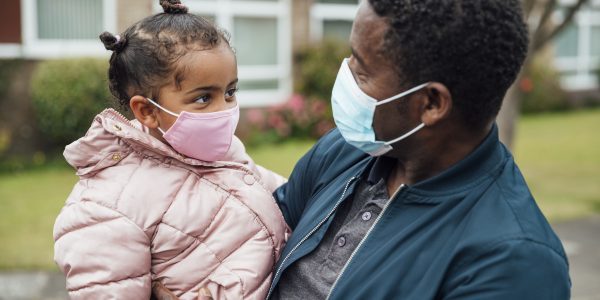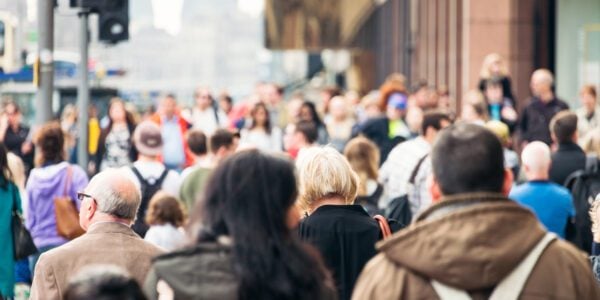The decade ahead needs to combine ‘a double acceleration’ of the UK’s transition to a low carbon economy, with steps to prevent it widening inequalities by loading costs onto lower-income households, while the benefits flow to better-off households.
The Carbon Crunch – a joint report by the Resolution Foundation and LSE for The Economy 2030 Inquiry funded by the Nuffield Foundation – examines how the government should approach the crucial next phase of the net zero transition during the 2020s. This approach needs to be set out soon, with COP26 just a month away and the Treasury’s long-anticipated net zero review due before then.
The report notes that the UK approaches this crucial next phase with several key advantages.
The UK has a proven track record on reducing emissions from electricity generation (down 65% since 2010), a rich institutional setup (including statutory targets and the creation of the Climate Change Committee (CCC)) and strong political and public consensus around the need to tackle climate change (80% of the public are concerned about climate change, the highest figure on record).
The report says these advantages will need to be leveraged as the next phase of the net zero transition will involve more societal impacts and behavioural change than the largely invisible progress on decarbonising our electricity system.
The report notes that debates on net zero are polarised between proponents of change calling for ever more ambitious targets, while opponents argue for inaction by pointing selectively to the costs involved with meeting existing targets.
Instead, it says, policy makers in the 2020s need to combine delivery on decarbonisation, honesty about the costs involved, and – crucially – protection for lower-income households from an unfair cost burden while ensuring benefits are shared.
The Carbon Crunch highlights several fundamental challenges that the government will need to take on in its net zero strategy, including:
- Double acceleration. The pace of emissions reduction in housing and transport will need to accelerate rapidly over the next 15 years. CCC data shows that from 2005-20, emissions from surface transport fell by just 5%. From now to 2035 these emissions will need to fall by more than 72%, while emissions from our homes (down 14% over the past 15 years) will need to fall by almost half (48%).
- Pay now, save later. While the aggregate cost of reaching net zero is low, the costs predate the savings by years, or even decades. The CCC’s path to net zero requires annual net investment of £27 billion per year over the decade ahead (2021-30), £15.9 billion per year in the 2030s, before an average annual net payback of £11.2 billion in the 2040s.
- Low-income housing costs. Low-income households potentially face the biggest costs from decarbonising our homes, which is expected to cost households £42.5 billion over the next decade. That’s because they are now the joint least likely to live in the most energy efficient homes, having been the most likely to back in 2014.
- High-income transport gains. Low-income households also risk missing out on the gains from cheaper to run and easier to charge electric vehicles. Over one-in-three (35%) high-income households own two or more cars, while close to half (45%) of low-income households don’t own one. High-income households are also 50% more likely to have a garage or off-street parking that will make it far cheaper to charge their cars.
Jonny Marshall, Senior Economist at the Resolution Foundation, said:
“Over the next decade we will need a ‘double acceleration’ in the next phase of our transition towards a net zero economy. The government must move from legislating targets to the far harder task of setting out policies to deliver this goal.
“And while the UK is well-placed to lead this transition, with its proven track record on reducing emissions and strong political and public consensus on the need to act, no-one should kid themselves that this next phase won’t be challenging.
“We cannot afford to ignore the significant upfront costs that will be required to decarbonise our homes and our cars. We also need to pay particular attention to how low-and-middle income households are bearing those costs, and benefitting from future savings too.
“At the same time we cannot allow the costs of net zero to derail our decarbonisation efforts. That would simply lead to higher costs, missed growth opportunities, more disruption and greater climate damage further down the road – a legacy we must not bequeath to future generations.”
Alex Beer, Welfare Programme Head at the Nuffield Foundation said:
“Decarbonising the UK’s economy during the transition to net zero will have a significant impact on people, places and firms as patterns of consumption and investment change dramatically. Policymakers should be actively thinking about how change can be managed fairly so that low income households can benefit from the economic opportunities presented by the transition to net zero without bearing the biggest cost.”























































